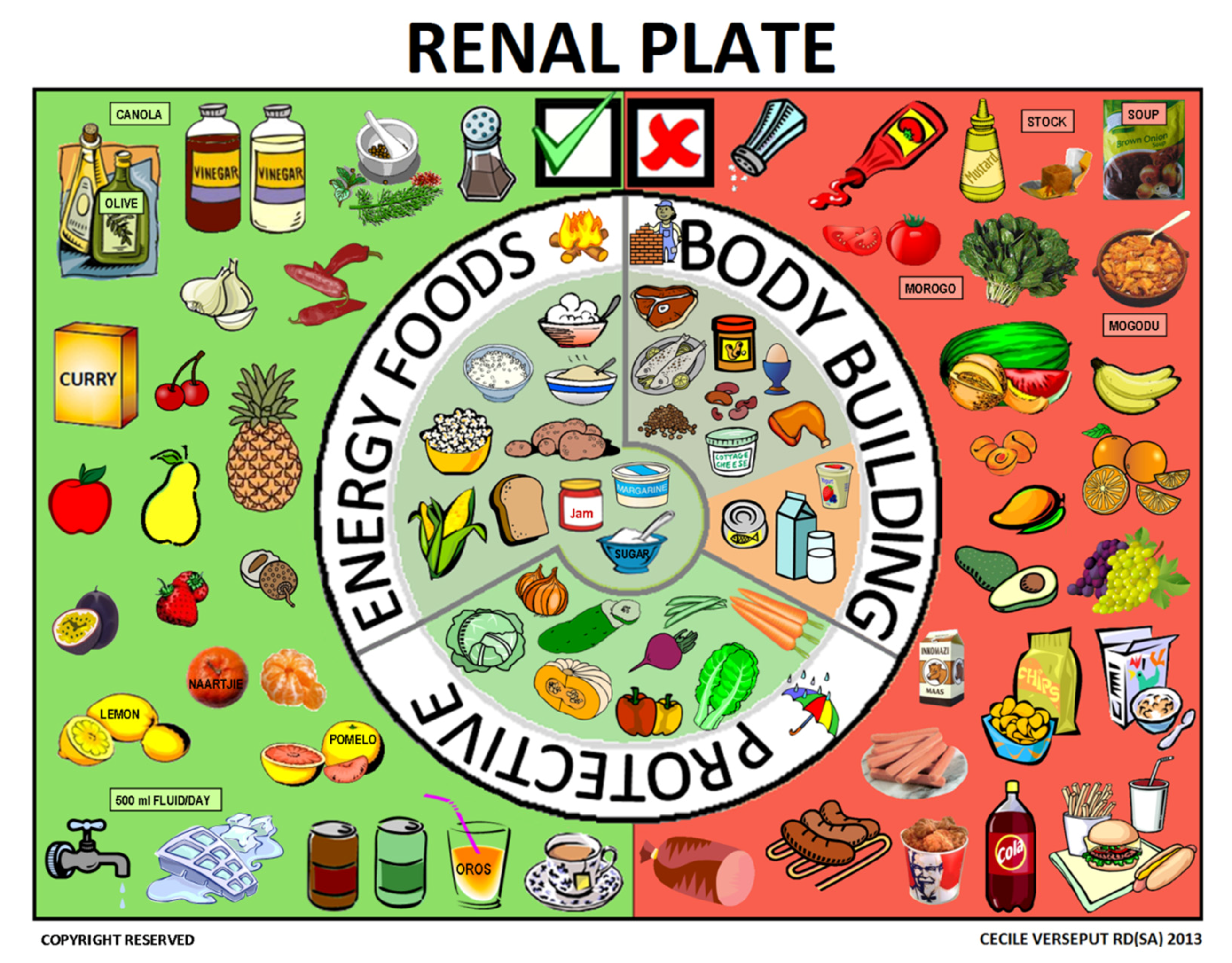Renal Nutrition Games For Children
How can chronic kidney disease (CKD) affect children and their families? The lives of children with serious and long-lasting conditions such as CKD are affected in many ways. CKD is any condition that causes reduced kidney function over an extended period of time.


From the reviews: “This comprehensive book focuses on preventive and therapeutic nutrition approaches to kidney disease through-out the lifespan, perfectly arranged into five sections covering fundamentals, chronic kidney disease (CKD) stages 1-4, CKD stage 5, nutritional needs, and nutrition extras including. Treatment for Kidney Failure in Children. Helping a child with a chronic illness rejoin school activities. Nutrition for Chronic Kidney Disease in Children.
Children with CKD may have a negative self-image and may have relationship problems with family members due to the stress of living with a chronic disease. The condition can lead to behavior problems and make participating in school and extracurricular activities more difficult. Sly Boogy Judgement Day Rar Extractor. CKD can cause learning problems because the buildup of wastes in the body can slow down nerve and brain function. Children with CKD may have trouble concentrating and may develop language and motor skills more slowly than their peers.
The most severe problems occur when CKD is present starting early in infancy. CKD that leads to kidney failure—described as end-stage kidney disease or ESRD when treated with a kidney transplant or blood-filtering treatments called dialysis—can increase these challenges. Fortunately, a kidney transplant can reverse or improve most of these problems. Dialysis can also improve or correct these problems. Most children with CKD who receive appropriate treatment can attend school, graduate from high school, and go on to college or vocational school. However, families of children with CKD or kidney failure need to recognize that these children may need additional guidance and understanding. More information about kidney disease in children and its treatment is provided in the NIDDK health topics, and.
How can parents and other adults help children with chronic kidney disease in daily life? Parents and other adults can help children with CKD fit in at school, deal with low self-esteem, make friends, be physically active, and follow their treatment regimen. As children with CKD approach adulthood, they may need help with preparing to enter the workforce. Attending School School attendance is vital in helping children with CKD lead the best life possible. Many people are unaware of how CKD affects children.
School administrators, teachers, and classmates should receive education and information about the effects of CKD. Children with kidney failure may miss school each week because of dialysis and medical appointments. These absences can compound the learning problems many children with CKD face.
Parents or guardians should make every effort to schedule treatments outside of school hours. The Individuals with Disabilities Education Act Public Law 94-142 states that every child is entitled to an appropriate education and directs school districts to provide special services to ensure children with disabilities can participate in regular classrooms to the fullest extent possible. Children with CKD may need • tutoring • vocational rehabilitation • special accommodations To receive special education services, children must be evaluated to see if they have a disability and must receive an Individualized Education Program—a written document that details the services each child will receive. Blue One Love Hindi Song Free Download on this page. Parents or guardians of children with CKD should talk with the school counselor about having their child evaluated.
Comments are closed.